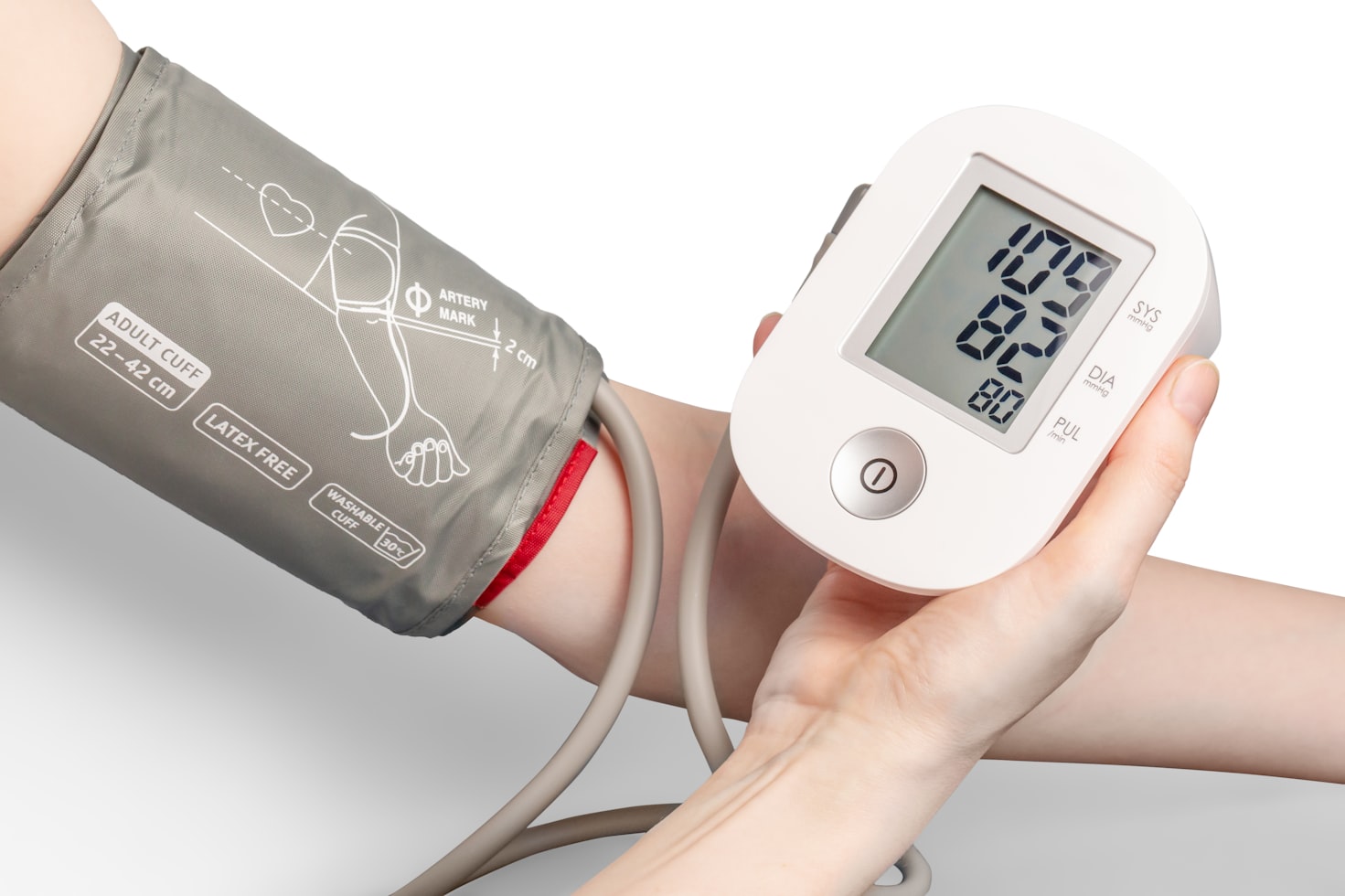High blood pressure, commonly known as hypertension, can be a cause for concern as it increases the risk of various health complications such as stroke, heart disease, and kidney failure. Diastolic blood pressure is one of the two numbers used to measure blood pressure, representing the pressure in your arteries between heartbeats when your heart is at rest. Elevated diastolic blood pressure can also increase the risk of these health problems. While lifestyle modifications like exercise, healthy eating, and stress reduction can help lower blood pressure, medications may also be required. This article will explore the role of medications in lowering your diastolic blood pressure, including common types of medication and their potential side effects.
Introduction
Blood pressure is the pressure that your blood exerts against the walls of your arteries. It is measured in two numbers – systolic and diastolic. Systolic blood pressure is the pressure in the arteries when the heart pumps out blood, while diastolic blood pressure is the pressure when the heart is at rest in between beats. A high diastolic blood pressure can lead to serious health conditions such as heart disease, stroke, and kidney failure. Several lifestyle changes, such as exercise, diet, and quitting smoking, can help lower your diastolic blood pressure. However, medications can also play a crucial role in lowering diastolic blood pressure. This article will discuss the role of medications in lowering your diastolic blood pressure.
Diuretics
Diuretics are medications that help the body get rid of excess water and salt. They work primarily by helping the kidneys excrete sodium, which reduces the amount of fluid in the blood vessels. This, in turn, lowers blood pressure. There are several types of diuretics, including thiazide diuretics, loop diuretics, and potassium-sparing diuretics. Thiazide diuretics are the most commonly prescribed diuretics for treating high blood pressure. They are effective at lowering both systolic and diastolic blood pressure.
Beta-Blockers
Beta-blockers are medications that block the effects of adrenaline, a hormone that is responsible for increasing your heart rate and blood pressure. By blocking adrenaline, beta-blockers reduce the workload on your heart and lower blood pressure. They also help to keep your heart from beating too fast or too hard. Beta-blockers can be effective at lowering both systolic and diastolic blood pressure.
Calcium Channel Blockers
Calcium channel blockers are medications that block the movement of calcium into heart and blood vessel muscle cells. This reduces the amount of force that the heart muscles use to contract, which decreases blood pressure. Calcium channel blockers are particularly effective at lowering diastolic blood pressure.
Angiotensin Converting Enzyme (ACE) Inhibitors
ACE inhibitors are medications that prevent the production of angiotensin II, a hormone that constricts the blood vessels and raises blood pressure. By reducing the production of angiotensin II, ACE inhibitors dilate the blood vessels and lower blood pressure. They are particularly effective at lowering diastolic blood pressure.
Angiotensin II Receptor Blockers (ARBs)
ARBs are medications that block the effect of angiotensin II on the blood vessels. They work in a similar way to ACE inhibitors, but instead of preventing the production of angiotensin II, they block its effects. ARBs can be effective at lowering both systolic and diastolic blood pressure.
Renin Inhibitors
Renin inhibitors are medications that block the production of renin, an enzyme that plays a role in regulating blood pressure. By blocking renin, these medications reduce the production of angiotensin II and lower blood pressure. Renin inhibitors are particularly effective at lowering diastolic blood pressure.
Combination Therapy
Combination therapy involves using two or more medications to treat high blood pressure. Combining medications can be effective at lowering blood pressure than using a single medication. Combination therapy can also help to reduce the side effects associated with some medications. For example, combining a diuretic with an ACE inhibitor or ARB can reduce the potassium loss associated with diuretics.
Conclusion
High diastolic blood pressure can lead to serious health problems. While lifestyle changes such as exercise and diet are important for lowering blood pressure, medications can also play a crucial role. Diuretics, beta-blockers, calcium channel blockers, ACE inhibitors, ARBs, and renin inhibitors can all be effective at lowering diastolic blood pressure. Combination therapy can also be effective and may help to reduce side effects. If you have high blood pressure, talk to your healthcare provider about the best treatment options for you.







